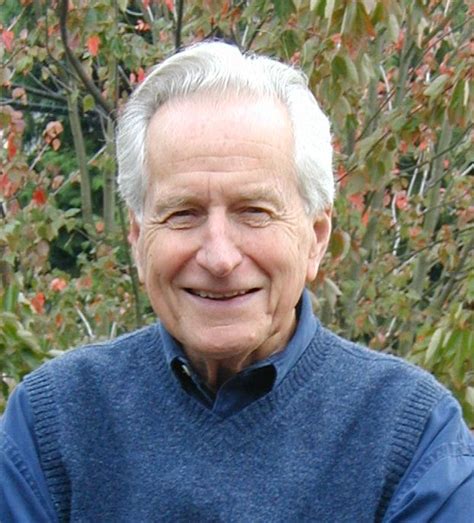A Quote by Henry Giroux
What we are seeing in cities such as Chicago, Athens and other dead zones of capitalism throughout the world is the beginning of a long struggle for the institutions, values and infrastructures that make critical education and community the center of a robust, radical democracy. This is a challenge for young people and all those invested in the promise of a democracy that extends not only the meaning of politics, but also a commitment to economic justice and democratic social change.
Quote Topics
Also
Athens
Beginning
Capitalism
Center
Challenge
Change
Chicago
Cities
Commitment
Community
Critical
Dead
Dead Zone
Democracy
Democratic
Economic
Economic Justice
Education
Institutions
Invested
Justice
Long
Long Struggle
Make
Meaning
Meaning Of
Only
Other
People
Politics
Promise
Radical
Robust
Seeing
Social
Social Change
Struggle
Those
Throughout
Values
World
Young
Young People
Related Quotes
Education in democracy must be carried on within the Party so that members can understand the meaning of democratic life, the meaning of the relationship between democracy and centralism, and the way in which democratic centralism should be put into practice. Only in this way can we really extend democracy within the Party and at the same time avoid ultra-democracy and the laissez-faire that destroys discipline.
Abandoned by the existing political system, young people in Oakland, California, New York City, Quebec and numerous other cities throughout the globe have placed their bodies on the line, protesting peacefully while trying to produce a new language, politics, imagine long-term institutions, and support notions of community that manifest the values of equality and mutual respect that they see missing in a world that is structured by neoliberal principles.
Education as a democratic project always presupposes a vision of the future in its introduction to, preparation for, and legitimation of particular forms of social life. It is utopian in its goal of expanding and deepening the ideological and material conditions that make a democracy possible. As a moral and political practice, education produces the modes of literacy, critique, sense of social responsibility, and civic courage necessary to imbue young people with the knowledge and skills needed to enable them to be engaged critical citizens willing to fight for a sustainable and just society.
We have to accept that capitalism is coming to an end. We can't provide paid employment for people, all the industries with technology are counter-intuitive to profit, and we have to have a transition to the conceptualist society. The only way to do it fairly is as a social democracy, a radical social democracy, which isn't compromised by neo-liberalism and isn't compromised by the rich, and isn't compromised by hegemonic, authoritarian interests: to have that balance between the government, the private sector, and then the individual citizens again.
Everyday I become more convinced, there is no doubt in my mind, and as many intellectuals have said, that it is necessary to transcend capitalism. But capitalism can't be transcended from with capitalism itself, but through socialism, true socialism, with equality and justice. I'm also convinced that it is possible to do it under democracy, but not in the type of democracy being imposed by Washington.
I'm still committed to the socialist idea because the socialist idea, correctly understood, includes the principles of freedom and social justice. It also includes the recognition of the value of democracy. When we speak about social justice, it means that freedom should be used not only in the interest of profit but also in the interest of the advancement of the people who create all values.
Economics and politics are so intertwined and interlinked that politics now, mainstream politics, extreme center politics, are little else but a version of concentrated economics. And this means that any alternative - alternative capitalism, left Keynesianism, intervention by the state to help the poor, rolling back the privatizations - becomes a huge issue. The entire weight of the extreme center and its media is turned against it, which in reality now is beginning to harm democracy.
I'm a great aficionado of history. I was deeply affected by seeing the disintegration of any chance of democracy coping with fascism in the Weimar republic, where woolly-minded, well-meaning liberalism actually allowed the forces of darkness to use democracy, to exploit democracy, to overturn democracy.
The working classes in every country only learn to fight in the course of their struggles...Social democracy...is only the advance guard of the proletariat, a small piece of the total working masses; blood from their blood, and flesh from their flesh. Social democracy seeks and finds the ways, and particular slogans, of the workers' struggle only in the course of the development of this struggle, and gains directions for the way forward through this struggle alone.
































